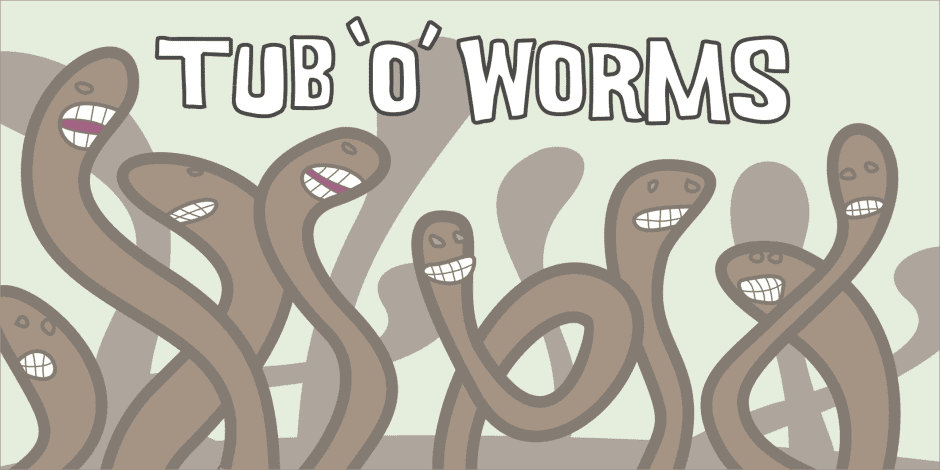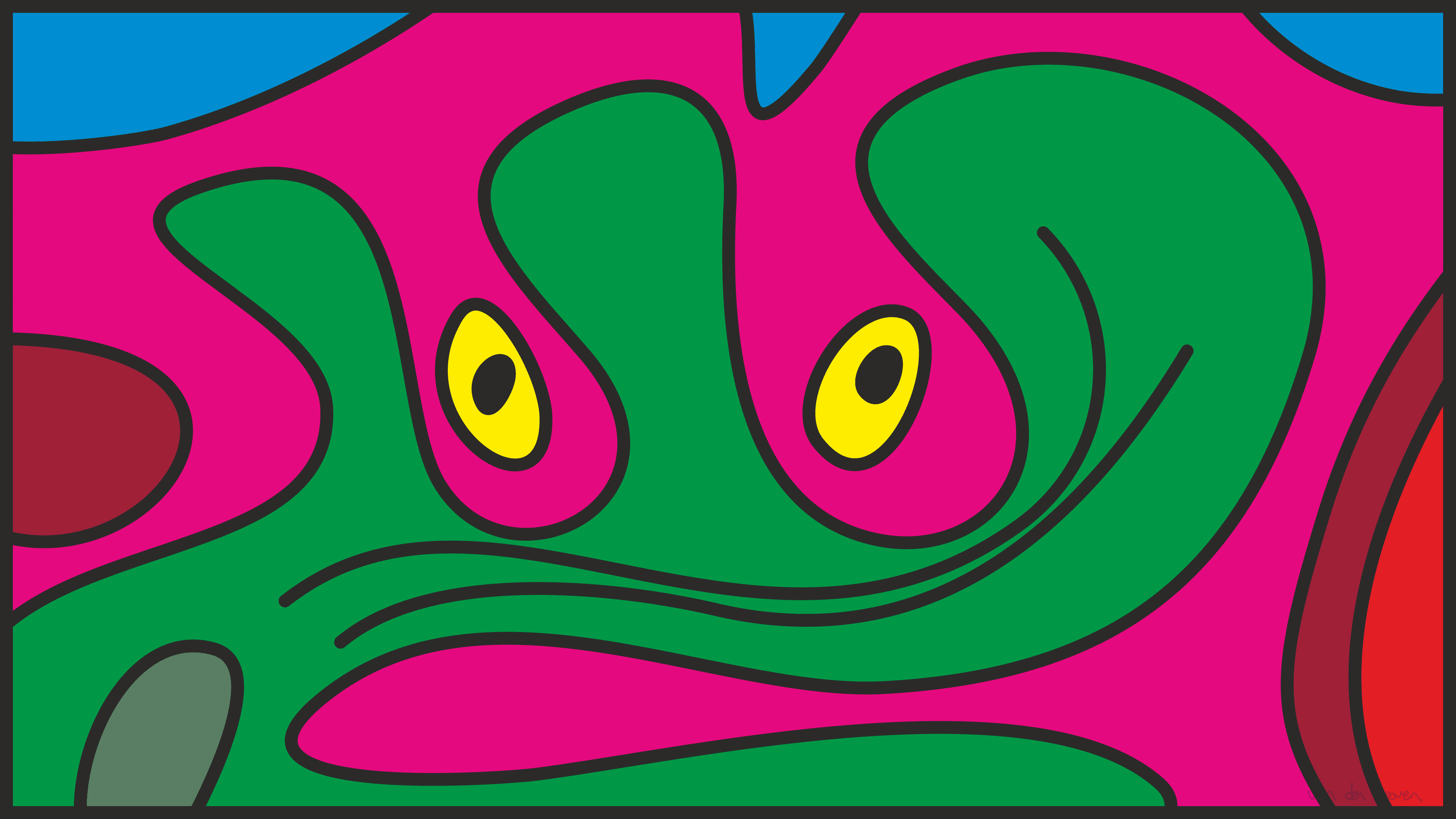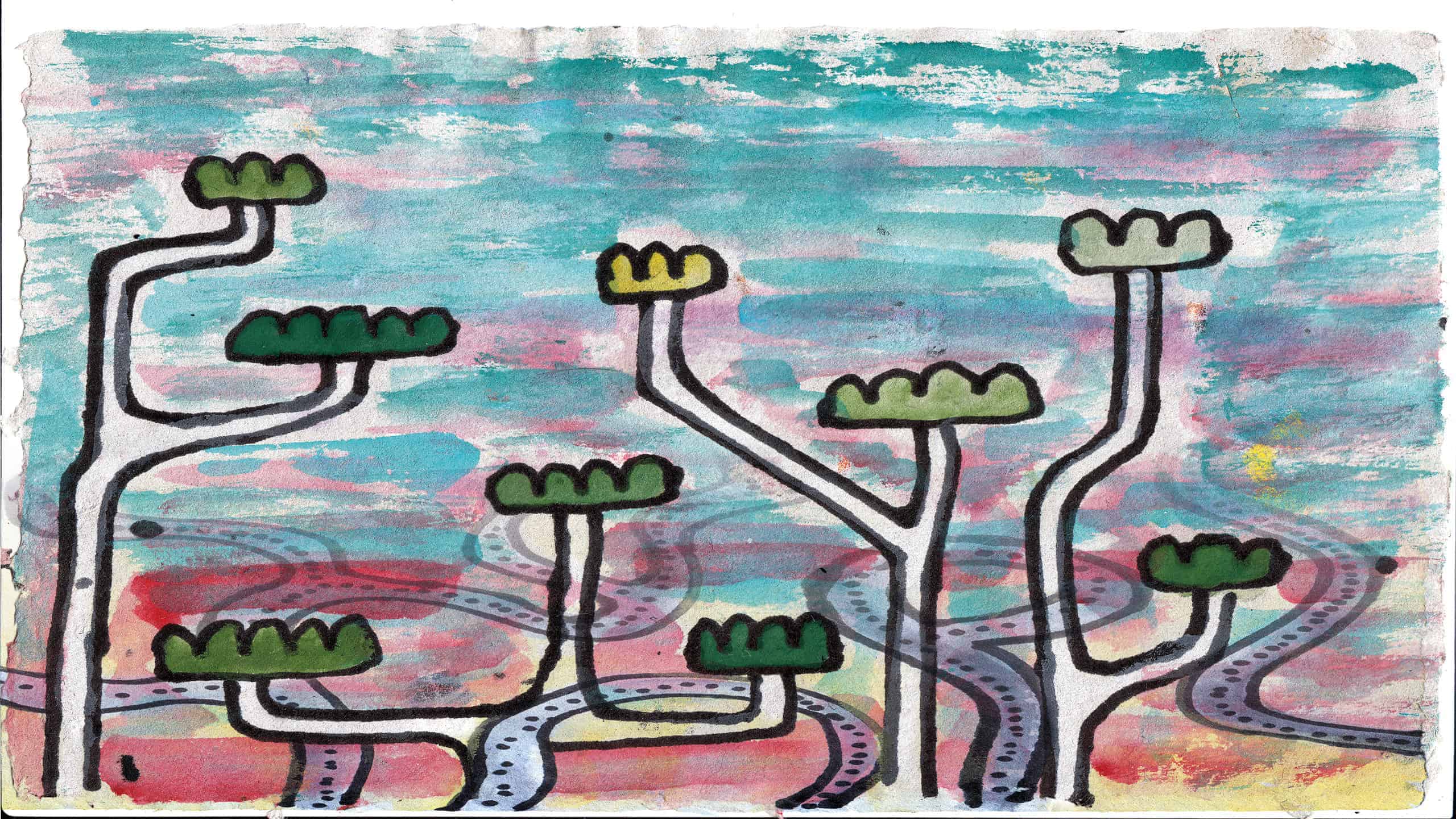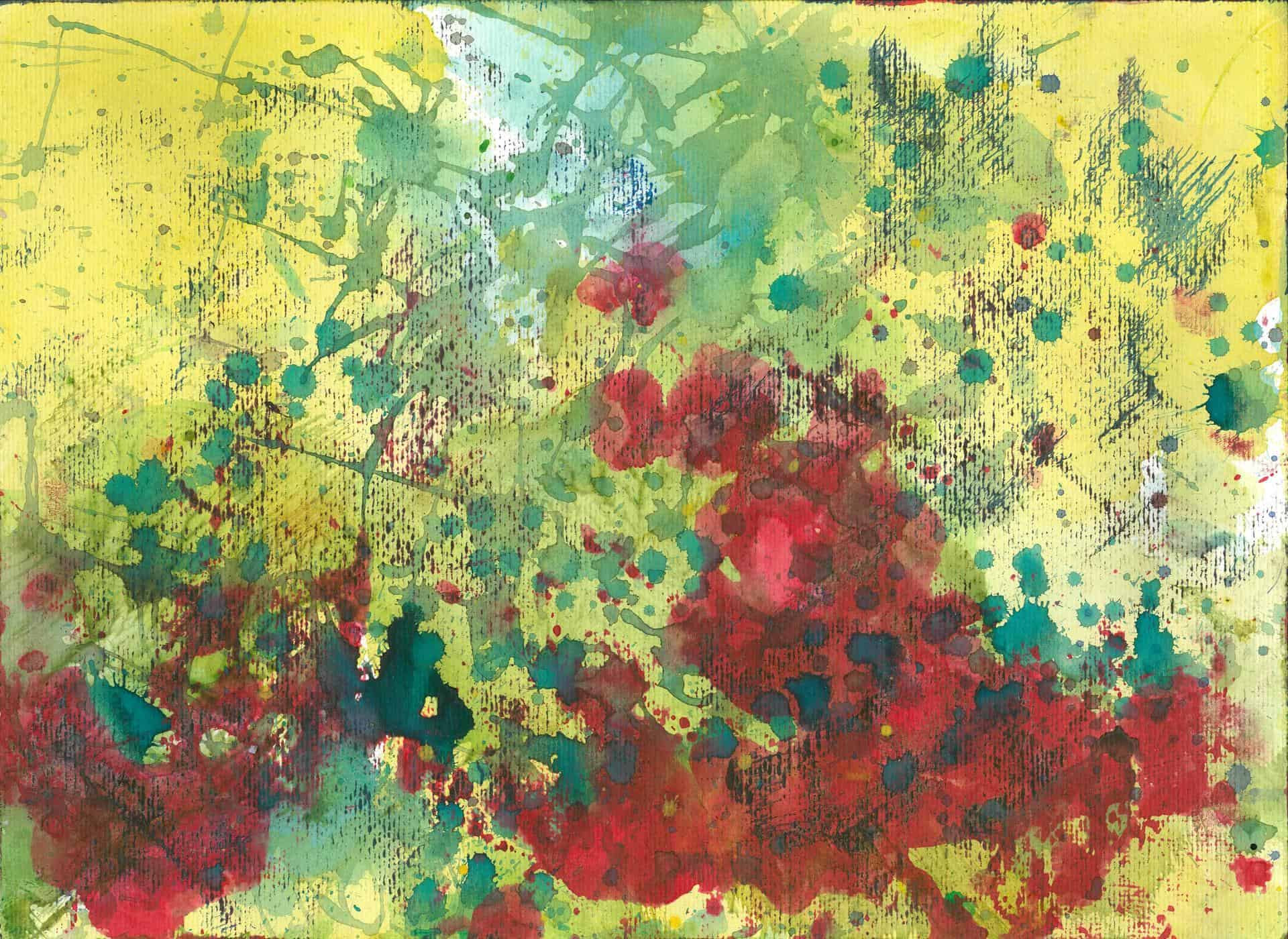If you were to take a trip into outer space, you’d quickly find out that the most valuable things to us humans are the very simple resources we need to survive.
I type “what is the most valuable thing in the universe?” into google and nine of the top ten ‘results’ talk about money. I might as well have typed “what is the most expensive thing in the universe?”.
It’s not the same thing though, is it? So let me tell you something about ‘value’. The most valuable things in the world cannot be bought or sold. To begin with, things are only worth what people are prepared to pay for them. Anything that can’t be recreated, replicated or reproduced by man somehow is deemed ‘priceless’ – it is a a term which essentially means we cannot place a true value on something that is irreplaceable.
We live in a very special place and every single day of our lives we take it for granted. The average place in the universe is devoid of oxygen, has no atmospheric pressure, no water, no food, no gravity and is 270.45°C degrees below freezing. If you were starving, dying of thirst, freezing or gasping for oxygen, I’m sure you’d find that all of those over-priced garbage items on any “most expensive things in the world” list would suddenly become completely useless to you and therefore utterly worthless in the whole scheme of things.
That’s why the cleverest scientists believe that the most valuable thing to us humans is nature. Life. Biodiversity. The ecosystem we all take for granted – that’s definitely the most valuable thing that exists today. Not just by a little bit. But by a long, long, long way.
I personally think that the most valuable thing in your home may well be the compost heap, the dirt on the sole of your shoe, or even the contents of your vacuum cleaner bag. Because every single time I look at an insect, I don’t see a ‘pest’; rather, I see a self-assembling, self-sustaining, self-powering, self-organising, self-replicating natural ‘robotic-like’ entity – which is also completely biodegradeable and compostable. Even something as unassuming as dust contains “ecological nanobots” – in the form of dust mites. If none of these creatures existed, we would be swimming in a veritable sea of dead skin and hair!
“As far as I know, there is no environment on Earth that is more biologically diverse, per unit area, than soil” – Eric Triplett, microbiologist
Every gram of soil contains millions upon millions of natural, biological organisms; there may be thousands of species present, each with a particular function. Not only do all of these tiny bugs arrange themselves and order themselves, but they do so at no cost. No one needs to tell them what to do. No one needs to program them. They don’t require software or firmware updates. They just get on with it. And they do all of this without causing any pollution. Quite the opposite in fact. One organism’s waste is another’s food — it really is an “ecological system”.
“A teaspoon of productive soil generally contains between 100 million and 1 billion bacteria.” — Elaine R. Ingham
We have always trodden on dirt. Today, we take it massively for granted. Take the following expressions: “dirt cheap”; “eat dirt”; “treat like dirt”. We see dirt as ‘worthless’ when it should be exactly the opposite: dirt is a prelude to much larger forms of life! Dirt feeds us! Yet what do we do? We see a stain of dirt on our clothes or on the floor and we try to eradicate it. We bleach it. We ‘clean’ it up. Here the word ‘clean’ is a euphamism for remove, separate, exterminate, eradicate and destroy. We poison our soil with all manner of chemical poisons. We spray it with pesticides, insecticides, herbicides[note]Even while I was writing this article I noticed my closest neighbour spraying either side of his concrete driveway with something. Later, when I took my dogs out for a walk, I witnessed another resident of Bundeena similarly spraying the gaps in the concrete pathways around his shop.[/note].
Why do I think the humble compost heap is the most valuable thing in your home? Well, if it isn’t obvious enough already, I’d like to ask anyone this question: what would it cost if we tried to artificially replicate the dynamic complexity of a single worm farm? Imagine if DNA stopped working all of a sudden one day –in other words it became extinct– and we had to come up with our own new organisms for once. The problem is that even with our most advanced and emerging technologies, we wouldn’t be able to replicate a single organism, let alone a multicellular one. And to be clear, when I use the term ‘replicate’, I’m not referring to cloning, I’m actually talking about reverse engineering nature, from a “molecular mechanics” point of view. So the answer is not so much “what would it cost us if we lost this?” but rather the counter-question: “would we even be able to regenerate the functionality, at any price?”.
As a former materials scientist, I can tell you right now that the chance of us creating something like an artificial dust mite or a worm within the next hundred years is extremely remote, if not impossible. I’m not talking about ‘cheating’ by genetically modifying pre-existing biological organisms either, but instead creating an entirely new multicellular organism ourselves from first principles: an organic robot.
As of today, not a single one of our electronic devices can be composted. Not a single one! If anything, our circuit boards and integrated chips are very harmful to life because they contain copper, lead and many other toxic compounds. Even if we could create a nanoscopic, chemically-engineered machine, they wouldn’t be able to reproduce; they wouldn’t be able to operate indefinitely.
The fact is, we can’t yet place enough atoms and molecules precisely enough, accurately enough and quickly enough to be able to make an artificial lifeform from the ground up, by using proteins, amino acids and other organic building blocks alone. Even if we dedicated the entire human race to replicate a solitary, single-celled bacterium completely from scratch, an amoeba say, we wouldn’t be able to do it. It just can’t be done with our current materials technology, no matter how many resources or people you throw at the problem. We can’t replicate their functionality – and even if we could, it wouldn’t be anywhere near as efficient or as beautiful.
“I will argue that every scrap of biological diversity is priceless, to be learned and cherished, and never to be surrendered without a struggle.” – Edward O Wilson
The job that all bacteria, insects –biodiversity in general– does for us here on Earth is immensely complex. And because we can’t truly replicate a species whenever they become extinct, that makes what all living organisms do for us priceless. It seems wormfarms and compost heaps are indeed priceless.
Such is the power of nature, that all we really need to do is to leave ecosystems alone, and then plants in turn will grow from soil and create oxygen for us. And let’s face it, even if we could create our own cost-effective oxgygen factories, what do you think people would prefer to look at? A complex manmade machine or a rainforest?
Well, if you’re still unsure, we can harness the power of collective intelligence by looking at today’s flickr ‘explore’ function, which shows the 100 most popular photos on any given day as determined by the entire flickr community. Not a single day has gone by in which the flickr algorithm omits a landscape or a nature photograph. Indeed, plants are the most beautiful and efficient oxygen factories on Earth. Today, psychologists are already talking about another new disease, one that is not yet officially recognised: “nature deficit disorder”.
And you can probably see where I’m going with this. If I think a compost heap is the most valuable thing in the average home, then something like a Brazilian rainforest is indeed truly priceless in every sense of the word. A rainforest can store and utilise more carbon than any made made ‘sustainable’ technology. Nature is able to take the carbon dioxide out of the air for us. It’s able to take back the gaseous carbon that we initially took from it in the form of oil, coal, and wood.
What we need to do now is learn to respect nature, to co-exist with nature. As developmental biologist Bruce Lipton says: our job now is not try to control and dominate nature but to understand nature herself and learn to live in harmony with it.
What do you think is the first thing that astronauts will try to do soon after they land on another world? No doubt they’ll want to plant crops that will provide food, oxygen and simultaneously absorb carbon dioxide. They certainly won’t be making diamond-encrusted watches, will they?
I find it strange that people are willing to pay so much for moon dust or rocks from Mars. Suppose we were to do the opposite. Suppose we were to transport one tonne of soil to the planet Mars, to provide the immediate agricultural needs to help sustain a small colony there[note] Because even hydroponic crops need constant chemical fertilisers, right? And you can’t just go down to the local store and buy fertiliser on Mars, can you? And those colonisers would preferably want to remain independent, right? Right.[/note]. The cost to put that one tonne of soil into lower Earth orbit would be approximately $10,000,000.
Hopefully you should be at least beginning to appreciate how precious and valuable Earth’s biodiversity is to us by now. And I sincerely do hope that people are wise to remember all of this when we talk about colonising other worlds. It’s FAR easier to salvage what we’ve already got here on Earth than to try and start again somewhere else without so much as an atmosphere or an ocean to begin with. If you think our future prospects here on Earth are hopeless, just wait until you arrive on planet Mars people. Just you wait!
So on a somewhat-related note, I think it is time that we humans started to appreciate things from the correct perspective. It’s time to look at our place in the world. To keep asking ourselves questions like: “what is wrong with humanity today?”; “what are the long-term goals of humanity?”; “does our current civilisation want to survive the next thousand years?” and “what must we do now to ensure our own survival?”.
Further, I think that traditional economics will one day become obsolete – because economists never seem to take into account all of the important and incessant behind-the-scenes work that nature constantly does for us. I’m sure that if the world’s best financial advisors took ANY of this work into account, they’d soon realise that not only would humanity be totally and utterly bankrupt from all the pre-accumulated past debts owed to nature for all the work it has done for us already over the course of several billion years, but that we should really be investing everything we possibly can towards the future conservation of nature, to ensure that not even the most humble little species is ever threatened with extinction.
“Destroying rainforest for economic gain is like burning a Renaissance painting to cook a meal.” – Edward O Wilson
Ecologists already know that nature is already highly sustainable, ecologically speaking. On the other hand, the trouble with economists today is that nature is viewed as not being financially sustainable. Yet we already know that we cannot survive without other species’ help. Indeed, so fundamentally important is the incessant and invisible work that nature does for humanity, I think the time has come to introduce a new kind of tax, an “oxygen tax”. Because every single one of us breathes oxygen, therefore everyone should have to contribute to the natural ecosystems that produce it. And I think it’s time we paid all of the money that is gathered from this tax directly to nature. By calculating all of the work that nature does for us on a daily basis, I think accountants and investors at the very least might start to value nature a little more than they do now. With a new oxygen tax, vast expanses of rainforest could afford to “buy out” their own real estate. Nature would be able to subsidise itself so to speak – to hire its own legal workers, its own conservationists, its own representatives.
Desperate times call for desperate measures. Knowing what I know, I feel like I have a duty of care to humanity. So I’m going to go one step further than Edward O Wilson: I’m going to say that allowing a rainforest –or any virgin forest for that matter– to be cut down today, should be a crime punishable by death. And if there were only one reason to bring back torture in a modern society, it should be reserved for all the repeat offenders that continue to put nature (and thus ourselves) at risk of extinction.



